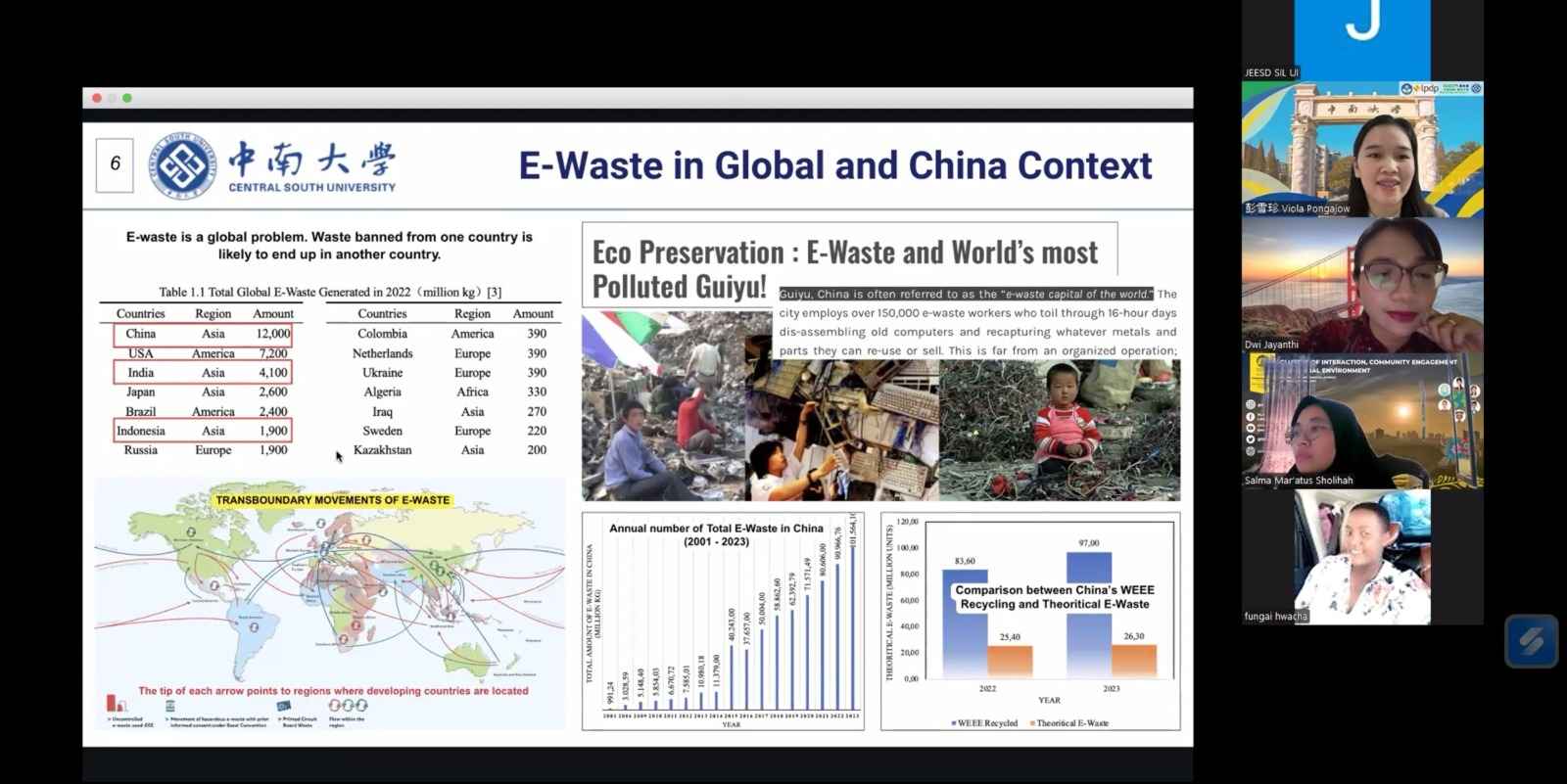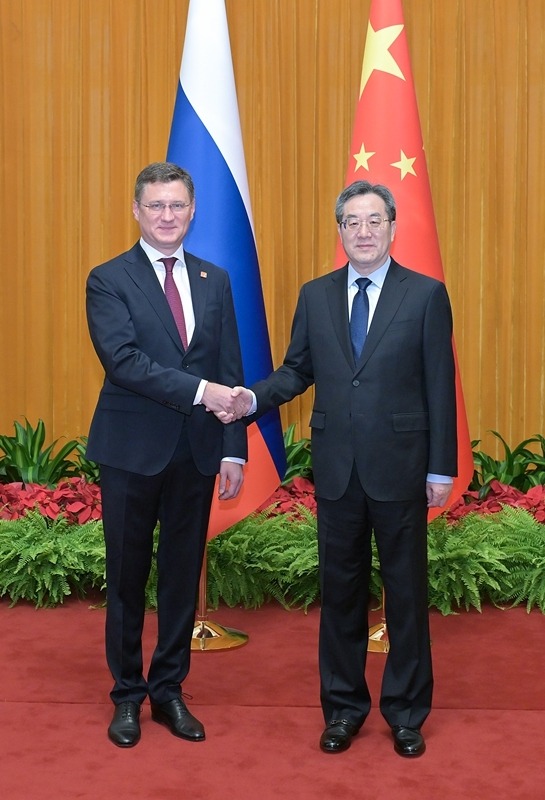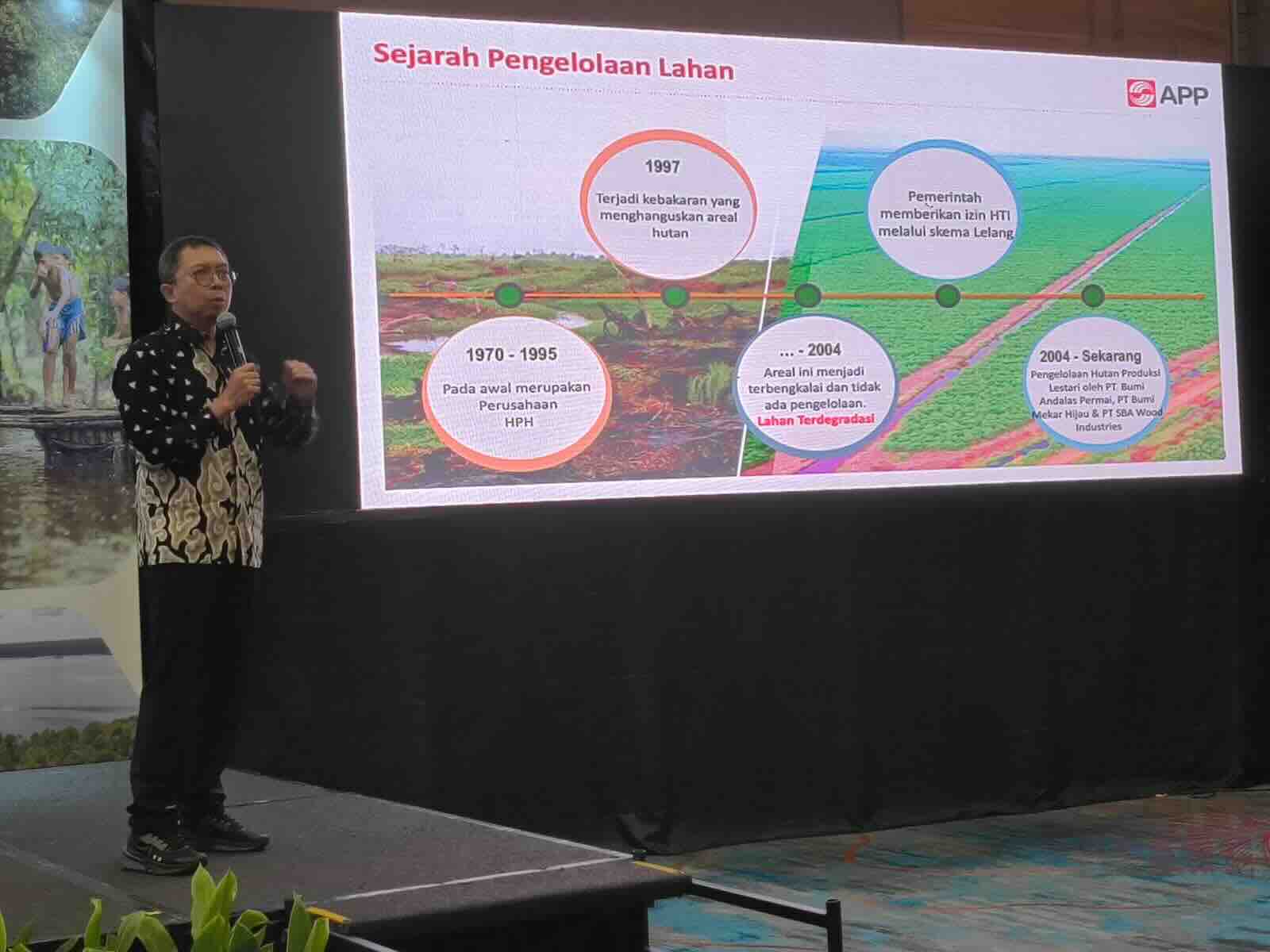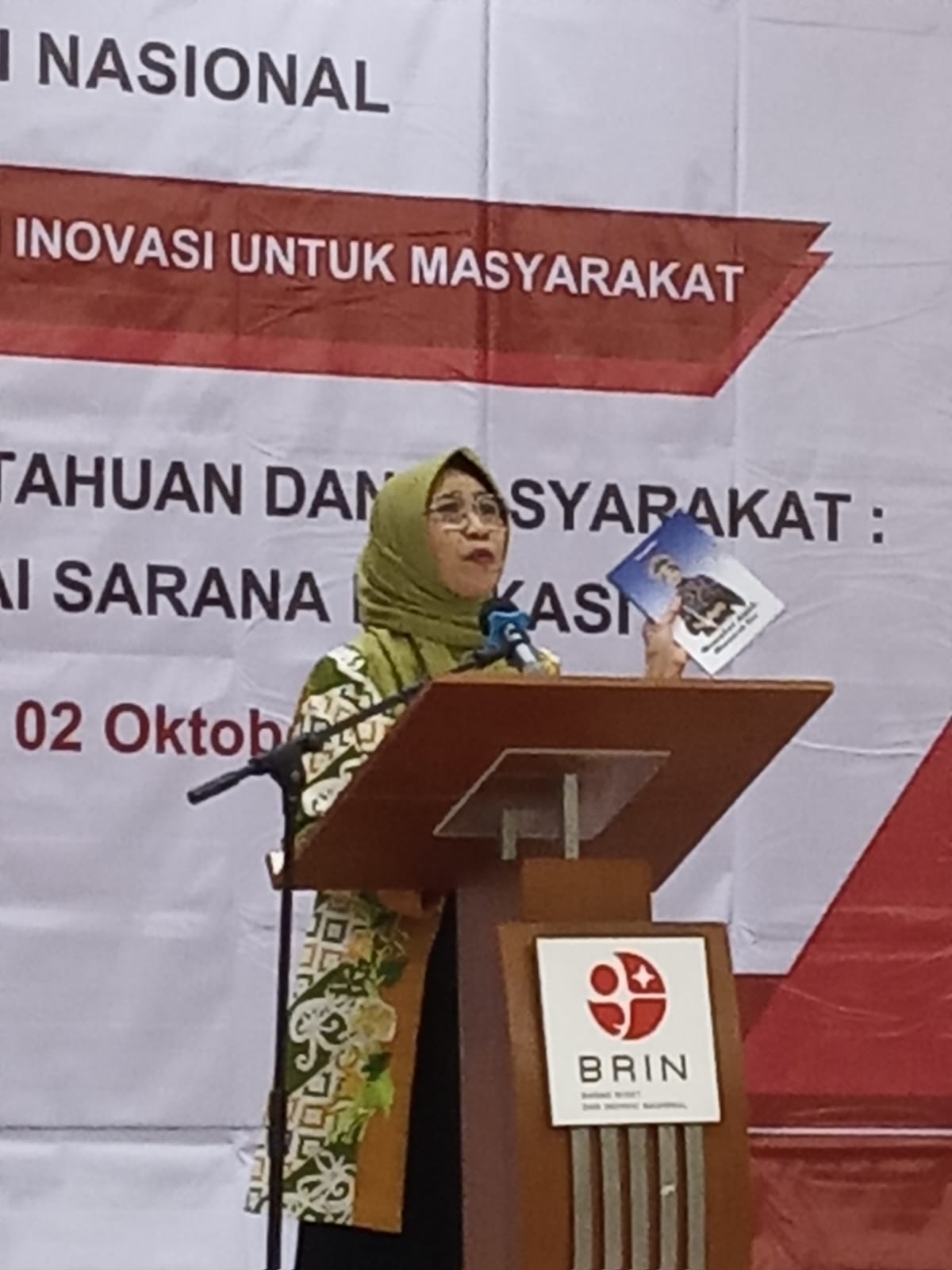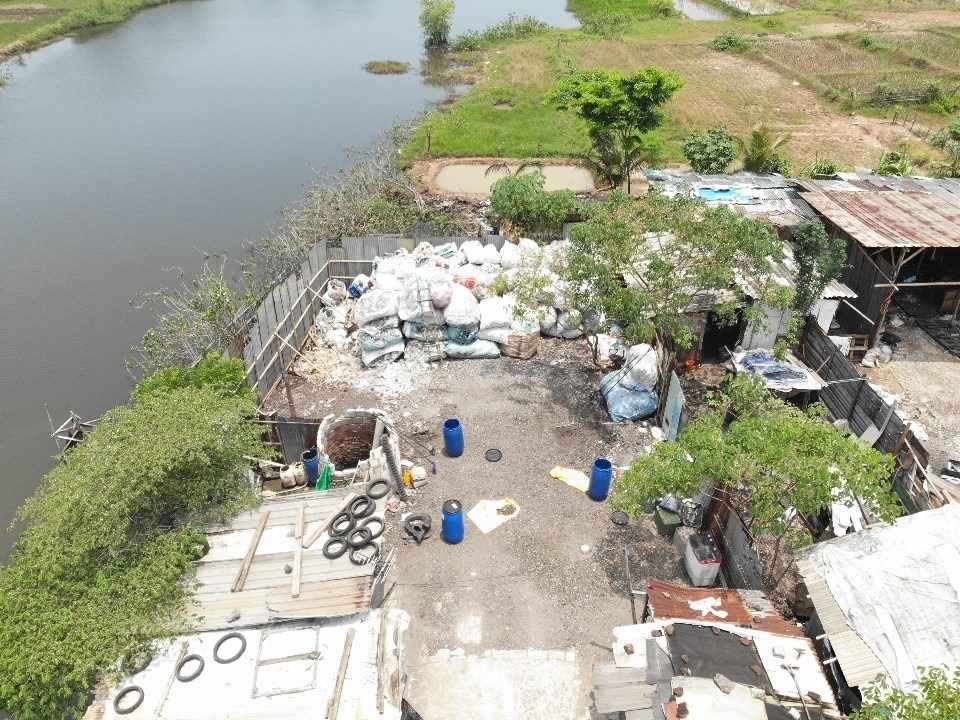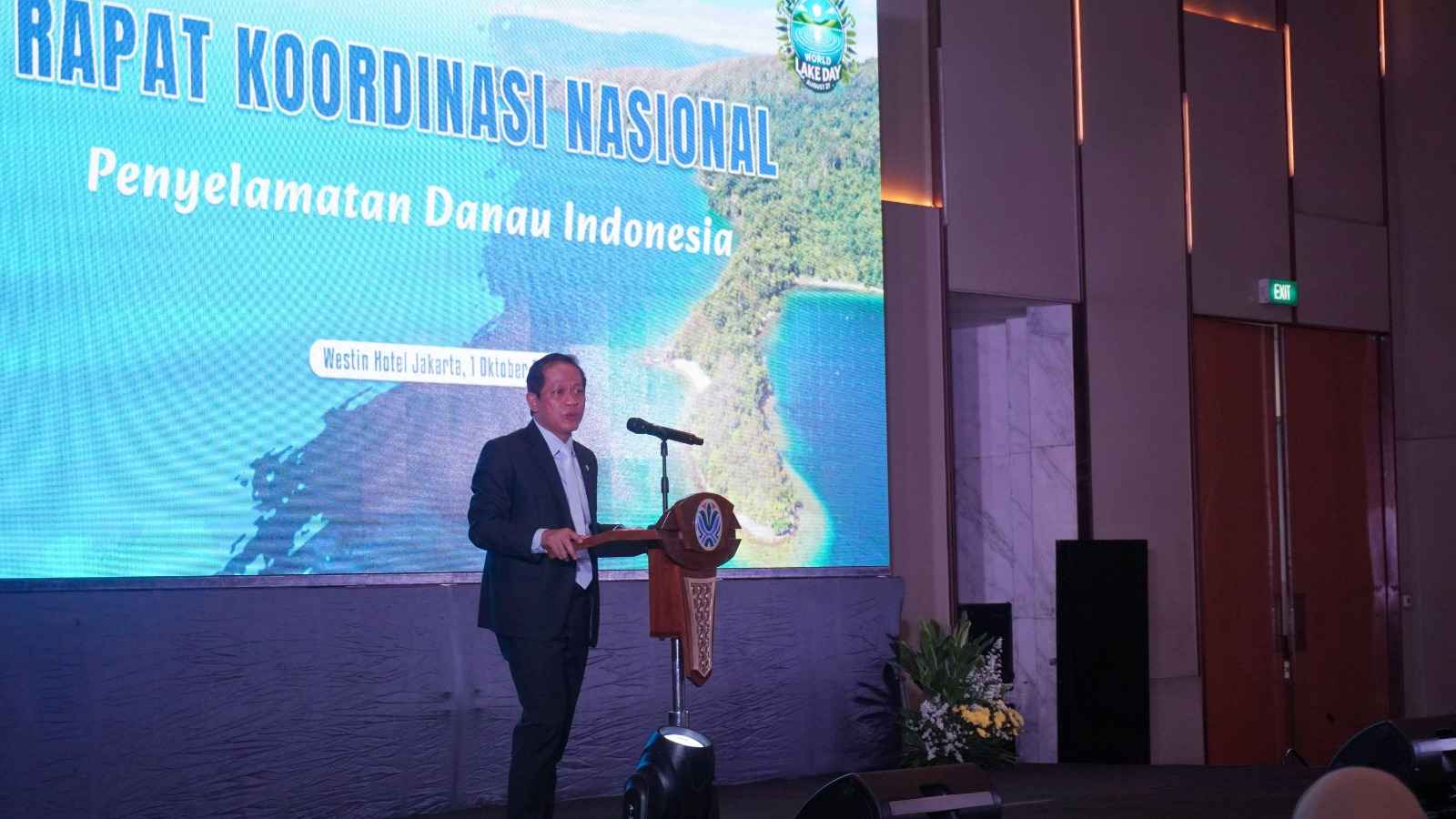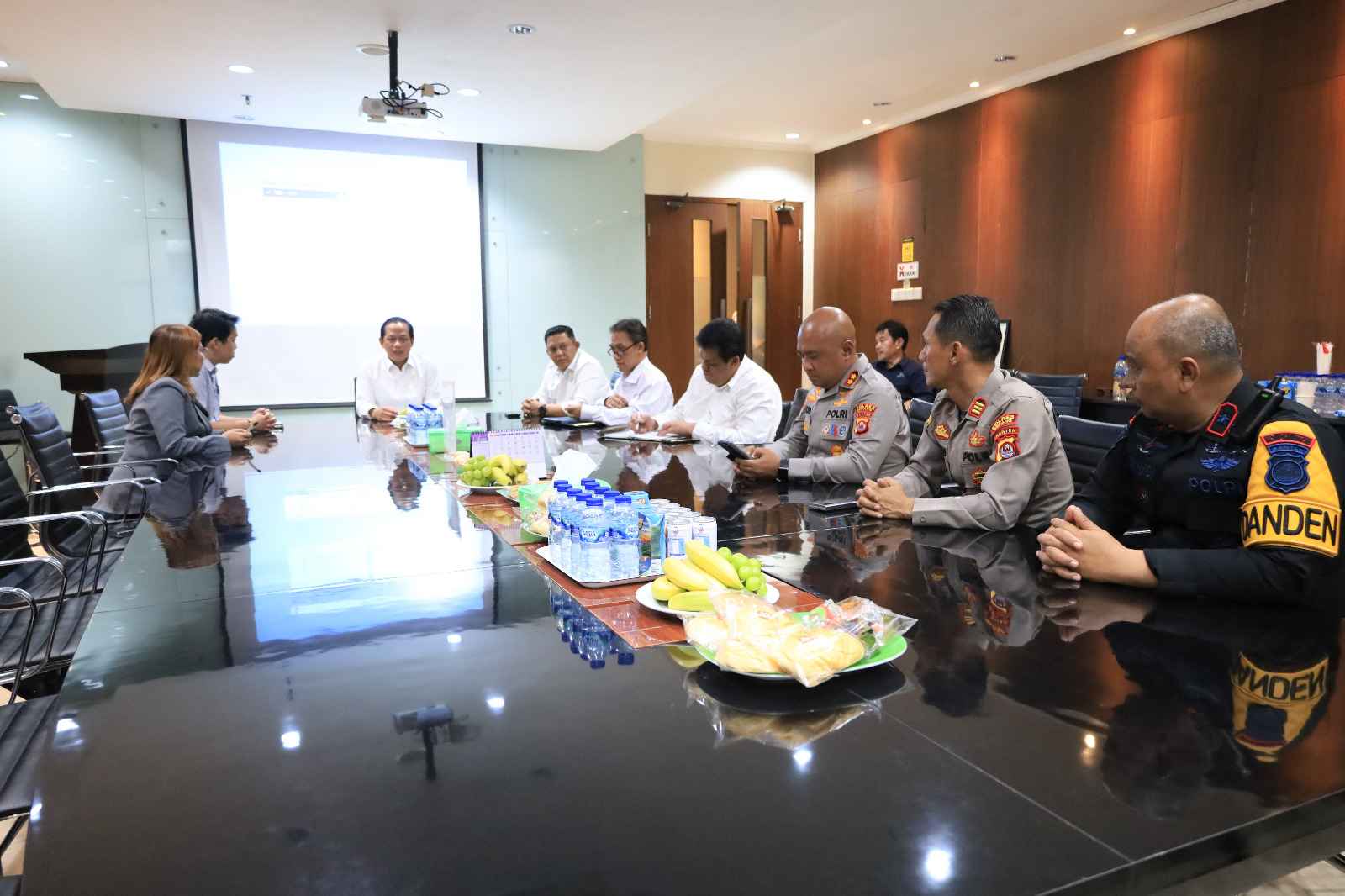Enviro News Asia, Jakarta — Electronic waste (E-waste) has become one of the world’s most pressing environmental challenges. The Global E-waste Monitor 2022 reported that 62 million tons of electronic waste were generated globally. In Southeast Asia, Indonesia ranks as the largest contributor, producing approximately 1.9 million tons of E-waste annually.
In response to this issue, the Journal of Environmental Science and Sustainable Development (JESSD) held Research Sharing Session #1 titled “Stakeholder Perspectives on Extended Producer Responsibility (EPR) and E-Waste Management: A Case Study of China” on Friday, September 26, 2025, conducted virtually via Zoom. The event served as a platform for disseminating research findings and facilitating academic dialogue on the implementation of Extended Producer Responsibility (EPR) in E-waste management.
The research was presented by Viola Dheena Pongajow from the School of Metallurgy and Environment, Central South University, China, and moderated by Luh De Dwi Jayanthi from the School of Environmental Science, Universitas Indonesia.
In her presentation, Viola Dheena highlighted China’s experience in developing EPR policies that emphasize producers’ responsibility for post-consumer products. She noted that although China’s infrastructure and regulations have advanced significantly, imbalances in stakeholder roles remain. Producers are often not fully involved in post-consumer waste management, while the recycling sector bears much of the operational burden.
She also pointed out the significant yet informal role of the informal sector in E-waste collection and processing, which remains largely unregulated within the national system. Viola recommended strengthening EPR policies through partnership incentives, the use of life cycle assessment (LCA)-based metrics to integrate recycling with carbon markets, and the creation of transitional pathways for the informal sector through simplified licensing and monitored collection networks.
Viola further emphasized the importance of industry associations as intermediaries between businesses and policymakers to enhance coordination, standardization, and compliance. However, she added that implementing these strategies in Indonesia must be adapted to the country’s legal, policy, and infrastructural context.
Through this event, JESSD reaffirmed its commitment as a platform for knowledge dissemination and international scientific exchange. Insights from China’s case study are expected to serve as valuable lessons for Indonesia in strengthening EPR policies and supporting the achievement of the Sustainable Development Goals (SDGs). (*)




